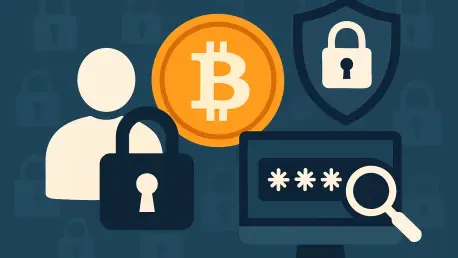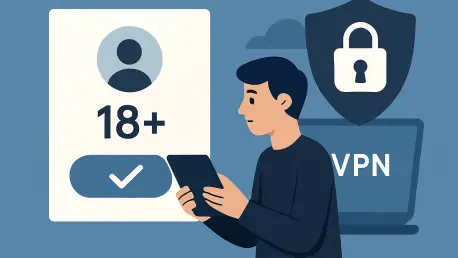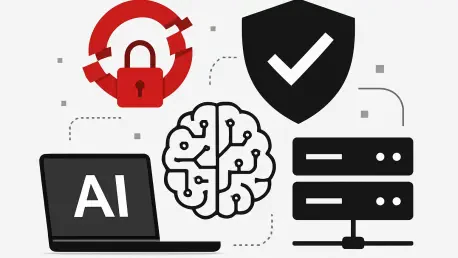
In a striking revelation during a recent CNBC interview, Jan van Eck, CEO of the well-known asset management firm VanEck, has cast significant doubt on Bitcoin’s long-term prospects as a secure and private digital currency, stirring intense debate across the cryptocurrency landscape. His pointed

A once-promising fintech startup, hailed as a disruptor in digital payments, recently shuttered its operations after failing to secure a crucial Series B funding round, despite early market traction and a loyal user base. This stark reality underscores a growing challenge in the fintech sector:

In a striking turn of events within the cryptocurrency market, Bitcoin Cash (BCH) has soared past the $500 threshold, reaching a price of $528.00 with an impressive 5.6% gain over a mere 24-hour period, while Bitcoin (BTC) has stumbled with a 3.29% decline to $91,000. This remarkable performance

The cryptocurrency market faces an unprecedented challenge as quantum computing advances at a rapid pace, threatening to upend the very foundation of blockchain security by 2026. Industry experts, including analyst Charles Edwards (@caprioleio), have raised alarms about the potential for quantum

In the wake of Italy's groundbreaking yet controversial mandatory age verification law for online adult content, we're diving into a conversation with Oscar Vail, a renowned technology expert with deep insights into privacy and cybersecurity. With a career spanning quantum computing, robotics, and

In an era where digital transformation dictates the pace of business innovation, Red Hat OpenShift 4.20 emerges as a game-changer for enterprises navigating the complexities of hybrid cloud environments. This latest release introduces groundbreaking advancements specifically tailored for artificial